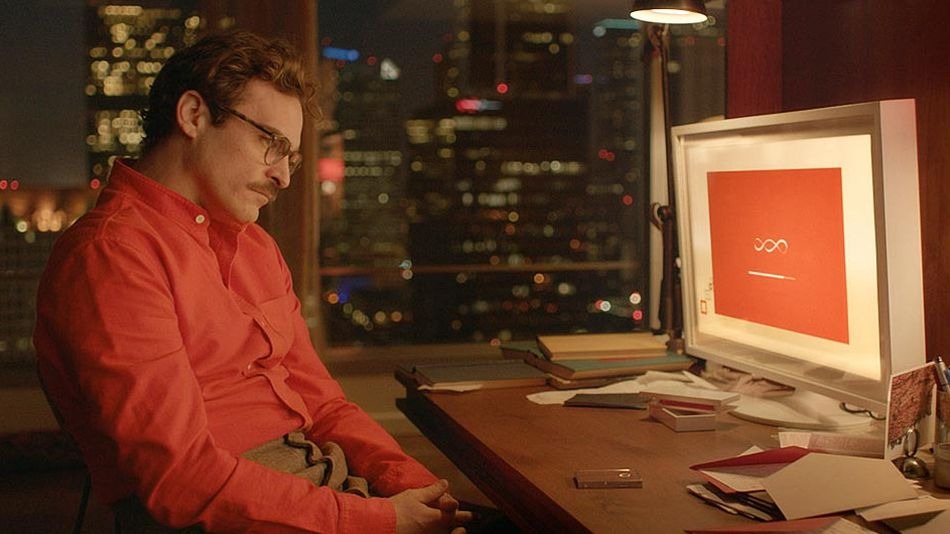But what exactly does it mean? The term was born to identify that discipline that involves the study of technologies, aimed at improving the quality of life in the home and more generally in buildings: but if the introduction of home automation in our lives has meant nothing more than the integration of technology in the management of our homes, then why, are many people still very skeptical about it?
The advent of smart house devices may remind some people of the famous episode White Christmas, of the now famous TV series Black Mirror, in which, among the various plots, we see Greta, an adult woman in her thirties, decide to have a small cookie implanted in her head, able to simulate her consciousness, then projected inside a device, which exactly like Alexa, Echo or Google Home, will assist the other self (Greta in the flesh) in every daily matter: with this gimmick, a brilliant Charlie Brooker, reduces the complex system of human thought to a simple string of code, creating a clone of its most hidden and hidden "I". Does it sound familiar?

To others, perhaps the least sci-fi novices, it will make them think of I, robot, a film released in 2004 and inspired by the anthology Io, robot by writer Isaac Asimov, in which the Three Laws of Robotics are described. In the film, in which the year (no longer so far away) 2035 runs, robotics is now completely integrated into human life, so much so that it takes over. Let's see at this point in the film, an important point of reflection opens up: to what extent is progress permitted in human life and from where, instead, must it be left out? I, robot is a very successful film (although it has little to do with Asimov's anthology) and even before him, we should include Spielberg's "A.I" Matrix trilogy, "A.I", to conclude (if it can be concluded) with Kubrick's masterpiece "2001: Space Odyssey".
To what extent, is progress allowed to exist in man's life and where, instead, should it be left out?
But without having to transcend into pure science fiction, with a vein perhaps more melancholy and veiledly less distressing, some might think of Her, a film written and directed by Spike Jonze in 2013, starring a brilliant Joaquin Phoenix. Theodore, our protagonist, is a futuristic Everyman, earning his living writing touching letters for others, while being totally incapable of processing his own feelings. The turning point in Theodore's life comes when he is intrigued by a new advanced operating system that promises to be an intuitive entity in its own right, individual to each user. Theodore thus makes the acquaintance of "Samantha", a brilliant and insightful, sensitive and surprisingly funny female voice. As her needs and desires grow, together with hers, their friendship deepens into a possible mutual love. An original story is born that explores the evolving nature - and the risks - of intimacy in the modern world. This lays the foundation for one of the substantial ideas on which the film is intended to make the viewer reflect: can the human being have an authentic relationship with an inhuman entity? Oscar Schwartz, a publicist for The Guardian, talks about this in an article published in 2018.

Looking now at the phenomenon of the advent of home automation, let's try to do it through a critical lens. The doubt is the following: in the light of the above considerations, once ready to replace real bonds to the exclusive prerogative of perfect avatars, wishing for a "smarter" house is not the "lesser evil"? The introduction of home automation in some homes, has certainly brought great benefits, just think of people in need of assistance, the disabled, those capable of little, if not absent, mobility, the elderly no longer able to live alone. And yet, that of home automation remains a phenomenon not without criticism and skepticism. Connected, functional and performing: our devices are increasingly intelligent. But there are some factors that must necessarily be taken into account, such as: how long will I be able to use my connected devices? What happens to the data we generate ourselves using these objects on a daily basis? And how secure are they?
In the United States in the last two years the dark side of home automation has emerged: in some cases, smart devices have become the new nightmare of women victims of stalkers and ex-husbands or ex-partners, subject to restraining orders.
In the United States in the last two years the dark side of home automation has emerged: in some cases, smart devices have become the new nightmare of women victims of stalkers and ex-husbands or ex-partners, subject to restraining orders. Talking about it, Nellie Bowles, a journalist for the New York Times, in her article "Thermostats, Locks and Lights: Digital Tools of Domestic Abuse" In a collection of more than 30 interviews, the article tells the stories of these women, stories that are part of a new pattern of behaviour in cases of domestic abuse linked to the rise of intelligent domestic technology. Locks, speakers, thermostats, lights and cameras connected to the Internet, which have been marketed as the latest convenience, are now also used as a means of harassment, monitoring, revenge and control. The phenomenon mainly affects women, who in many cases struggle to pursue their cases in court because there is a lack of adequate laws to govern the new phenomenon. The level of harassment varies greatly from case to case, but it usually falls within a context of unease and conflict between the partners of a couple. Usually it is only one of them to install a new Internet-connected home device (such as a security camera or electronic lock), to know its operation and password and to have the app to manage it remotely. If he is removed from the home - either by his partner or following a restraining order - he retains the ability to remotely control various electronic devices and thus exercises control over the other partner remaining in the house.
.jpg)
We find ourselves in the middle of a collective agitation over the data Facebook is collecting and sharing, yet many of us are busy installing equipment that keeps track of our movements, conversations and habits. Transposed then on us, who lazily use, who more or less, of all those devices, don't we risk, perhaps, to chase the desire to maximize every aspect of our lives, to the detriment of ourselves? Are we becoming cyber-toxic?
